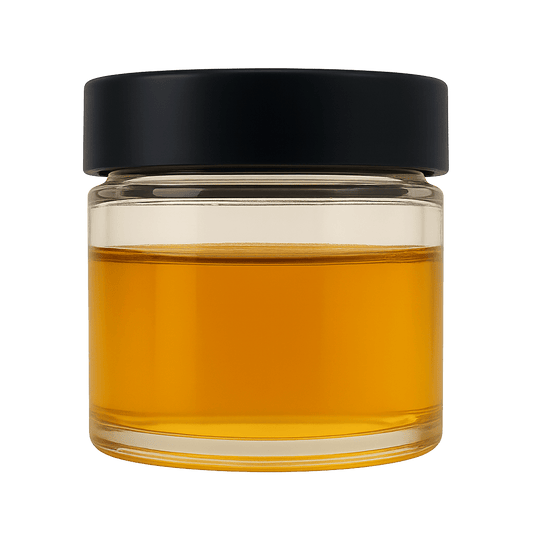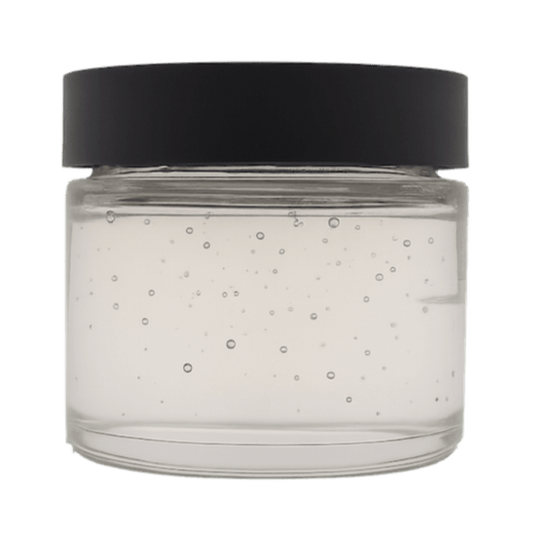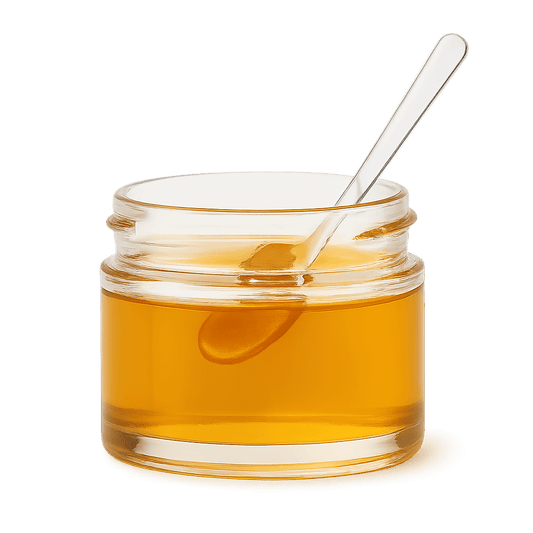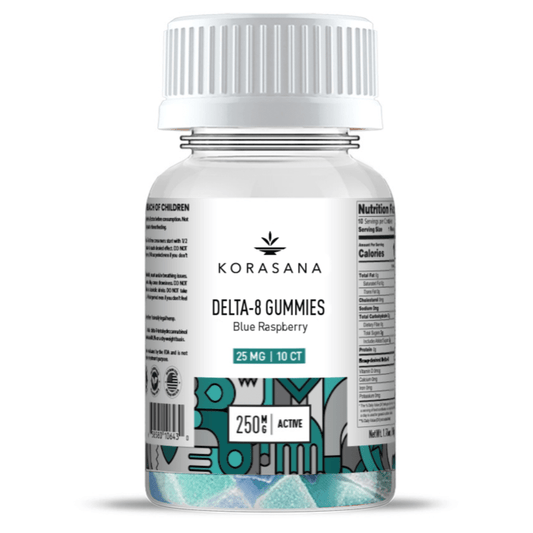Is Delta 8 THC Legal in Nevada?
NO - Delta 8 THC is Not Legal in Nevada
Delta 8 THC is not legal in Nevada. The state considers it a synthetic cannabinoid, alongside other THC isomers such as delta-7, delta-10, THC-O, THCP, and HHC. Nevada made delta-8 essentially illegal with Senate Bill (SB) 49, which took effect on June 4th, 2021. This bill redefined certain substances and aimed to stop the distribution and use of delta-8 THC within the state.
Legal Status of Delta 8 in Nevada
To expand on the legality of Delta-8 in Nevada, let's delve into the specific laws and bills that have shaped its legal status:
Senate Bill (SB) 49
- Summary: SB 49 was signed into law and took effect on June 4, 2021. This bill significantly impacts the legality of Delta-8 THC in Nevada.
- Key Provisions: The bill amended Nevada's existing cannabis laws to specifically address and regulate isomers of THC, such as Delta 8, Delta 7, Delta 10, THC-O, THCP, and HHC.
- Intent: The intent behind SB 49 was to clarify the legal status of synthetic cannabinoids, including Delta 8. It aimed to ensure that these substances are regulated similarly to Delta 9, which is the most commonly known form of THC found in marijuana.
Nevada Revised Statutes (NRS)
- Relevant Sections: The Nevada Revised Statutes, particularly those sections related to controlled substances and cannabis regulation, were updated to incorporate the changes brought about by SB 49.
- Implications: These updates mean that Delta 8 THC, along with other THC isomers not derived from legally produced hemp, are treated as controlled substances. The legal distinction hinges on whether the substance is naturally derived from hemp in compliance with the 2018 Farm Bill or synthetically produced, which would make it illegal.
Federal Context: 2018 Farm Bill
- Overview: The 2018 Farm Bill legalized hemp and hemp-derived compounds, provided they contain less than 0.3% Delta 9 THC on a dry weight basis.
- Impact on Delta 8 THC: While the Farm Bill led to a surge in the popularity of Delta 8 THC products, states like Nevada have chosen to explicitly regulate or ban these substances, irrespective of their federal legality under the Farm Bill.
CHAPTER 557 - HEMP
CHAPTER 453 - CONTROLLED SUBSTANCES
Legal Implications in Nevada
For consumers and businesses in Nevada, the passage of SB 49 means that the production, distribution, and sale of Delta 8 THC products are subject to state cannabis laws. These products cannot legally be sold outside of the state-regulated cannabis dispensary system, and even within this system, they must meet specific regulatory standards.
Practical Advice
For those in Nevada or considering engaging with Delta 8 THC products, it's crucial to stay informed about the latest legal developments and understand the specific legal context of your state. While Delta 8 THC may be federally legal under the Farm Bill, state laws like Nevada's SB 49 play a decisive role in determining its legality at the local level
The information provided on this website does not, and is not intended to, constitute legal advice or any statements regarding the status of any laws. The information, content, and materials present on this site are for general informational purposes only and should not be relied upon for any specific purpose. Laws vary across different states and are subject to change. Therefore, information on this website might not reflect the most recent legal or other developments. Read our full legal disclaimer HERE.






